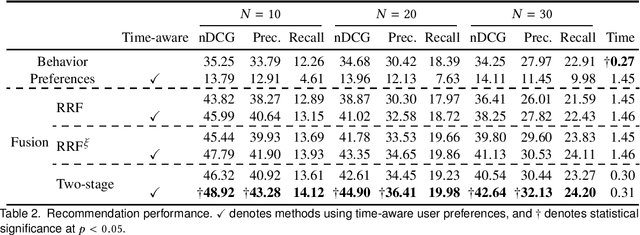Jing-Kai Lou
SB-VQA: A Stack-Based Video Quality Assessment Framework for Video Enhancement
May 15, 2023



Abstract:In recent years, several video quality assessment (VQA) methods have been developed, achieving high performance. However, these methods were not specifically trained for enhanced videos, which limits their ability to predict video quality accurately based on human subjective perception. To address this issue, we propose a stack-based framework for VQA that outperforms existing state-of-the-art methods on VDPVE, a dataset consisting of enhanced videos. In addition to proposing the VQA framework for enhanced videos, we also investigate its application on professionally generated content (PGC). To address copyright issues with premium content, we create the PGCVQ dataset, which consists of videos from YouTube. We evaluate our proposed approach and state-of-the-art methods on PGCVQ, and provide new insights on the results. Our experiments demonstrate that existing VQA algorithms can be applied to PGC videos, and we find that VQA performance for PGC videos can be improved by considering the plot of a play, which highlights the importance of video semantic understanding.
Personalized TV Recommendation: Fusing User Behavior and Preferences
Aug 30, 2020

Abstract:In this paper, we propose a two-stage ranking approach for recommending linear TV programs. The proposed approach first leverages user viewing patterns regarding time and TV channels to identify potential candidates for recommendation and then further leverages user preferences to rank these candidates given textual information about programs. To evaluate the method, we conduct empirical studies on a real-world TV dataset, the results of which demonstrate the superior performance of our model in terms of both recommendation accuracy and time efficiency.
 Add to Chrome
Add to Chrome Add to Firefox
Add to Firefox Add to Edge
Add to Edge